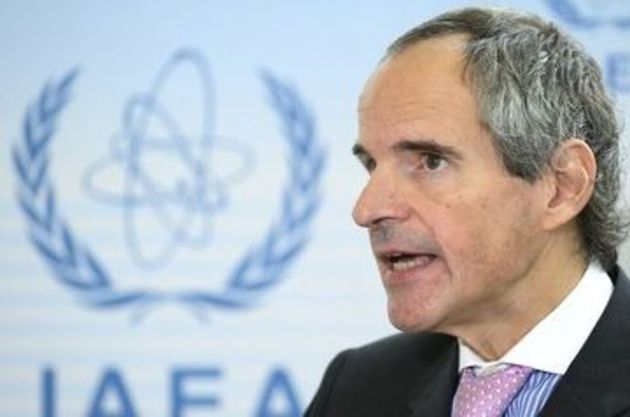Iran’s nuclear capabilities moved back into the international spotlight on Monday as the International Atomic Energy Agency (IAEA) said that it had concerns about possible “undeclared nuclear material and nuclear-related activities” in unregistered locations there, UN News reported.
The development follows Iran’s declaration on 5 January that its nuclear programme would no longer be “subject to any restrictions in the operational sphere”, in response to the decision of the United States in 2018 to withdraw from the Iran nuclear deal and reimpose sanctions.
In an appeal to Iran to cooperate with the UN nuclear watchdog, IAEA Director General, Rafael Mariano Grossi, said that Iran had not provided access to the sites in question and had failed to clarify inspectors’ questions.
“This is adversely affecting the Agency’s ability to clarify and resolve these questions and to provide credible assurance of the absence of undeclared nuclear material and activities in Iran”, Mr. Grossi said. “I call on Iran to cooperate immediately and fully with the Agency, including by providing prompt access to the locations specified by the Agency.”
The rules governing how Iran’s nuclear programme is monitored are set out in the 2015 “Joint Comprehensive Plan of Action” (JCPOA).
It was agreed by Iran and the five members of the Security Council: China, France, Russia, UK and the U.S., plus Germany and the European Union.
The deal guarantees the IAEA’s regular access to Iran’s nuclear programme, in line with a 2015 UN Security Council resolution to ensure the enforcement of the JCPOA.






